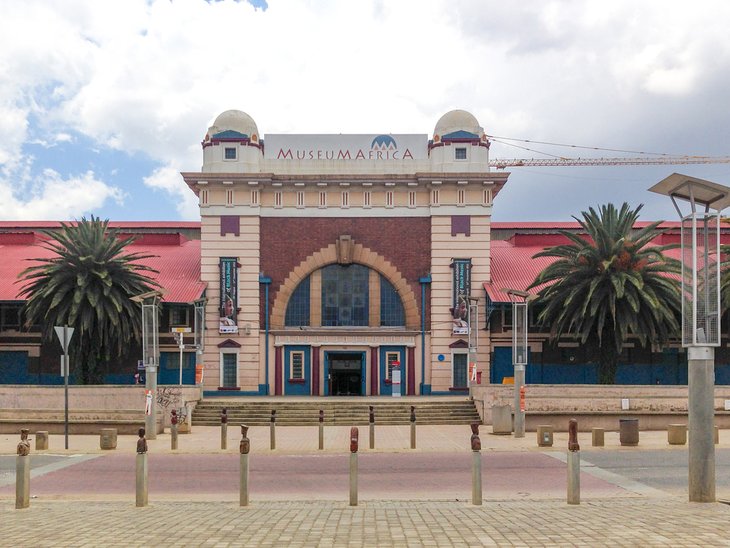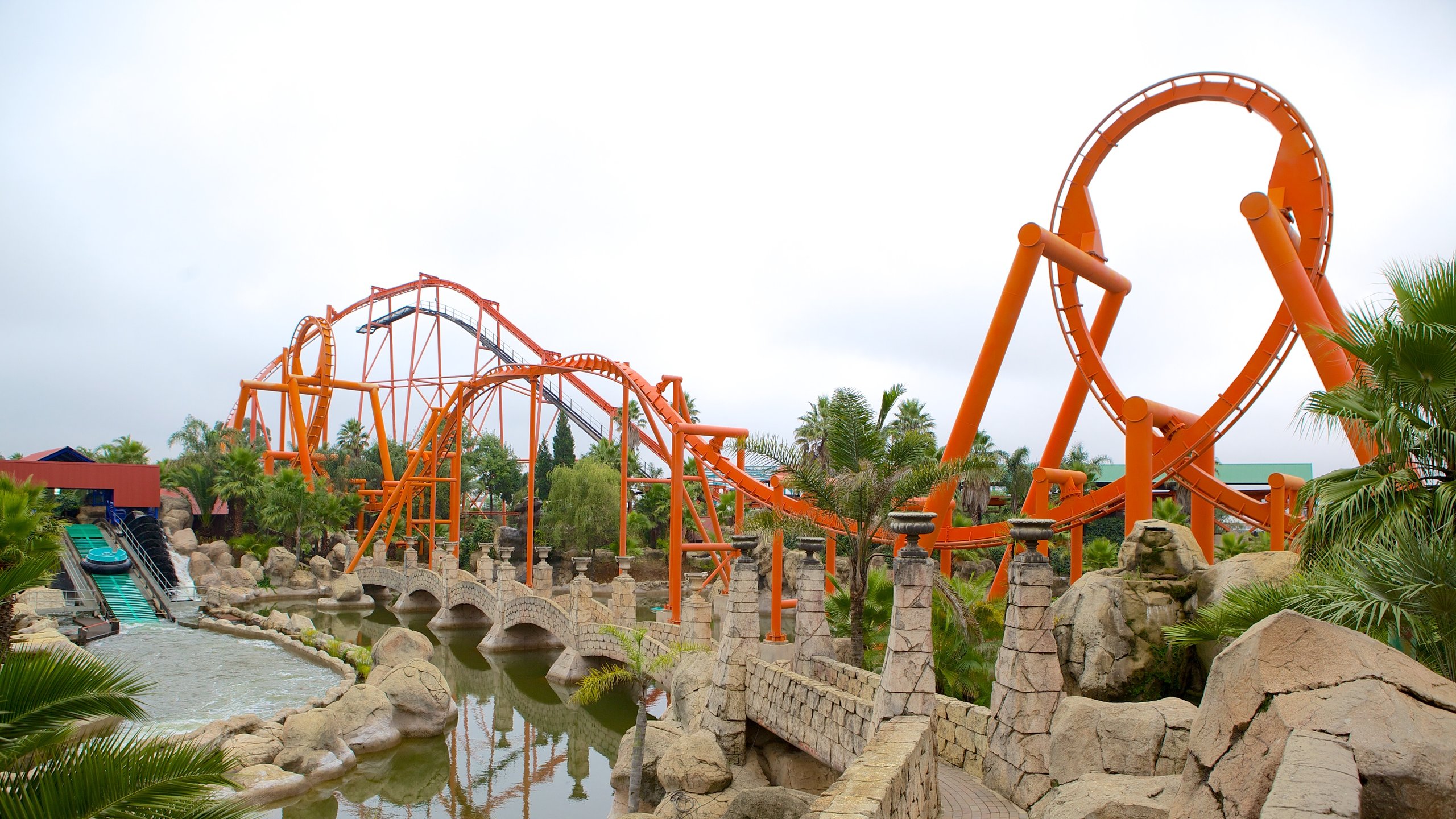Some Known Incorrect Statements About Johannesburg North Attractions
Some Known Incorrect Statements About Johannesburg North Attractions
Blog Article
The Greatest Guide To Johannesburg North Attractions
Table of ContentsJohannesburg North Attractions Things To Know Before You BuyUnknown Facts About Johannesburg North AttractionsNot known Details About Johannesburg North Attractions Johannesburg North Attractions Fundamentals ExplainedThe 10-Minute Rule for Johannesburg North AttractionsGetting The Johannesburg North Attractions To WorkJohannesburg North Attractions Things To Know Before You Buy
You need to maintain security in mind and visitors need to stay sharp at all times when in unknown environments. Speak to the locals when you are in town to discover the location you are remaining in. Johannesburg North attractions. When on the street (this does not relate to mall and other safe and secure settings) ideal general advice is to try your ideal to look like a neighborhood and to avoid showing any kind of kind of riches
The Greatest Guide To Johannesburg North Attractions
Teacher Revil Mason O. J. (Thomson, 1946) explored the Witwatersrand's pre-colonial history. His archaeological work took off the 'em pty land' misconception, according to which the region was without human habitation before the arrival of European settlers. In his publications Prehistory of the Transvaal: A Document of Human Activity (1962) and Origins of Black People of Johannesburg and the Southern Western Central Transvaal AD 3501880 (1986 ), Teacher Mason demonstrated the extent of social and financial development in the area prior to Europeans set foot here.

Getting My Johannesburg North Attractions To Work
He showed the government's permission, approved after he had actually vouched to maintain his explorations secret. In 1874, small-scale mining operations were begun in the Magaliesberg, where an Australian, Henry Lewis, had discovered gold deposits. In 1878, David Wardrop found gold in quartz blood vessels at Zwartkop, north of Krugersdorp. In 1881, Stephanus Minnaar discovered gold on the farm Kromdraai, near the Cradle of Humankind.
In March 1886, an outcropping (soon to be called the Main Reef) was found, fairly fortunately, on Gerhardus Oosthuizen's ranch Langlaagte. Some claim that the Lancastrian coal miner George Pedestrian uncovered this reef. Another itinerant English miner, George Harrison (that had previously functioned in Australian mines) acquired a prospecting licence in regard of Langlaagte in May 1886.
He chose to carry on in a pursuit for greener pastures, and disposed of his Langlaagte insurance claim for the pop over to these guys princely sum of 10. Alas: underneath lay the wealthiest goldfield ever located. The discovery of this abundant auriferous coral reef prompted a gold thrill that indicated completion of bucolic serenity in the southerly Transvaal.
It would, within six years, become the largest community in southerly Africa. Within a decade, it would make the Z. A. R. up until after that an anarchical and bankrupt little state the richest nation in Africa. By the millenium, the Z. A. R. was to exceed Russia, Australia and the USA of America to end up being the world's leading gold producer, producing even more than a quarter of the globe's gold.
Rumored Buzz on Johannesburg North Attractions
It was called Ferreira's Camp, named after Colonel Ignatius Ferreira. He was a Boer traveler upon whom the British authorities had bestowed the status of Buddy of one of the most Distinguished Order of St Michael and St George (entitling him to the post-nominal letters C. M. G.) in appreciation for his function in the battle that had actually deposed the Pedi king Sekhukhune in 1879.
Quickly the camp was including outdoors tents and wagons as beginners arrived daily from far and wide. By September 1886, some 400 individuals lived in Ferreira's Camp, which quickly boasted upraised iron and timber structures. Two various other camps were developed: Meyer's Camp on the farm Doornfontein, and Paarl Camp. The latter was nicknamed Afrikander Camp; many individuals from the Cape Colony cleared up there.

The Definitive Guide to Johannesburg North Attractions
This name got currency by word of mouth, such that the State Assistant verified the name to the Mining Commissioner on 9 October 1886. Stands in the village were auctioned on 8 December 1886. While some stands were sold for 10, others were knocked down for just sixpence.
2 years later, these erven were to alter hands for as long as 750 each. The tented camps decreased as a dorp of corrugated iron buildings created and broadened north of the mines located along the Key Coral Reef Roadway. Locations such as Jeppe's Community (where working-class immigrants erected their houses) and Doornfontein (where the wealthy brand-new 'Randlords' started to construct their extravagant houses) were soon included in the ever-expanding map of the town.
The 2-Minute Rule for Johannesburg North Attractions
Apart from the street names, there were no indications of Johannesburg being situated in a Dutch-speaking nation. Years later, C. W. Kearns O. J. (among the first young boys signed up at St John's website link University in 1898) would remember: 'An unusual fact regarding Johannesburg was that, although it was in the [Boer Republic], almost everyone spoke English and even the Government slaves resolved one in English, unless they were first addressed in the Taal Home Page (or Low Dutch)'.
Britain had a rate of interest in making sure ideal conditions for gold manufacturing on the Witwatersrand, and that the gold was exported to London rather than Berlin a critical provided all the more clamant by the Z. A. R.'s boosting toenadering with Germany. Mine proprietors were on a collision training course with President Kruger, whose policy of monopolistic concessions (frequently given to his cronies) prevented mining firms from obtaining materials of products (particularly dynamite) and labour on their own, cheaper terms
The Ultimate Guide To Johannesburg North Attractions
In 1890, the Volksraad had actually restricted the franchise business to white men that had lived in the Z. A. R. for fourteen years or longer, hence invalidating most of the immigrants (that happened to be the major contributors to the fiscus). Agitation for the vote was a plain pretext for advertising a various schedule; most uitlanders regarded themselves as momentary site visitors and had no intention of remaining in the Z.
Report this page